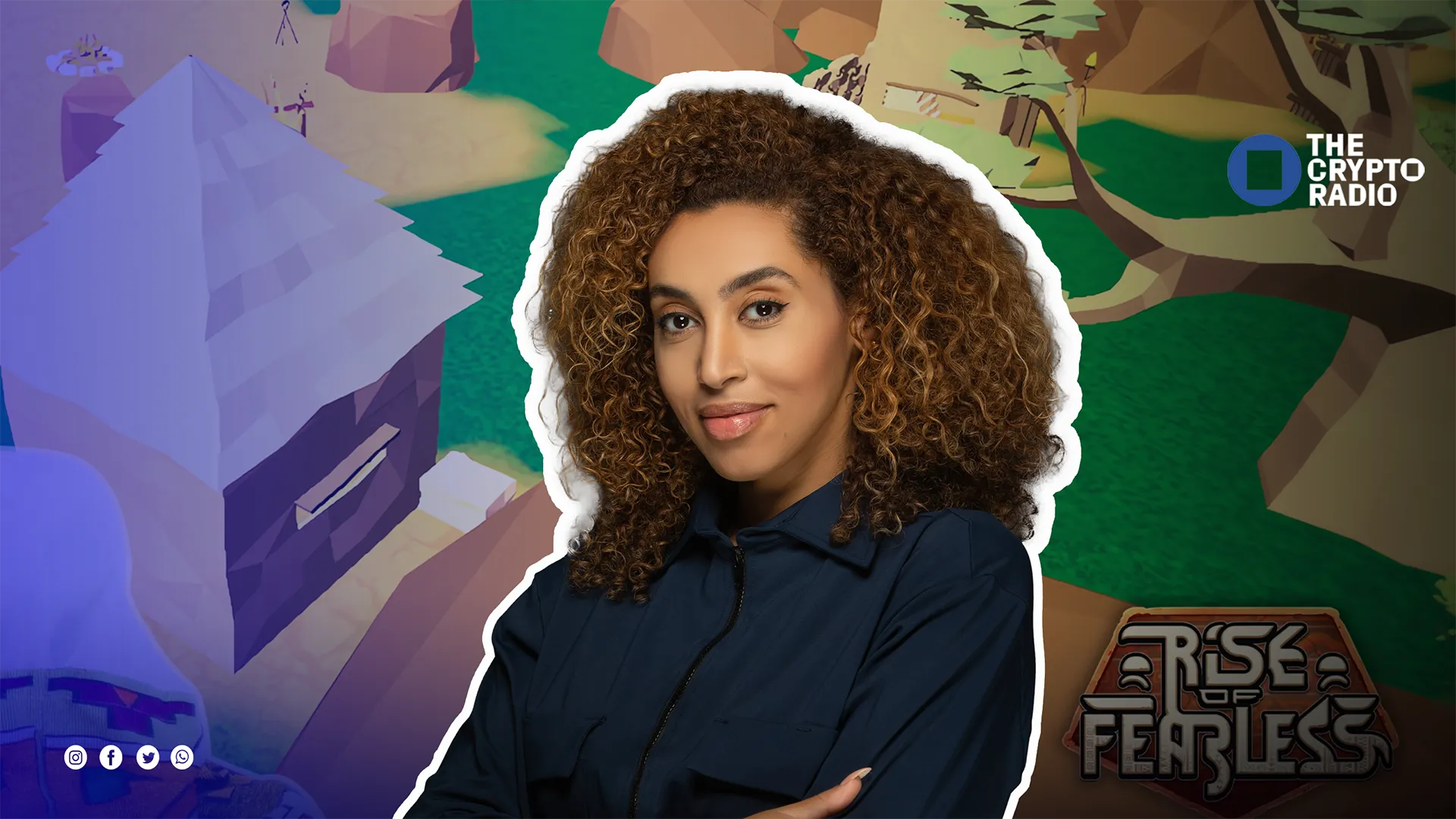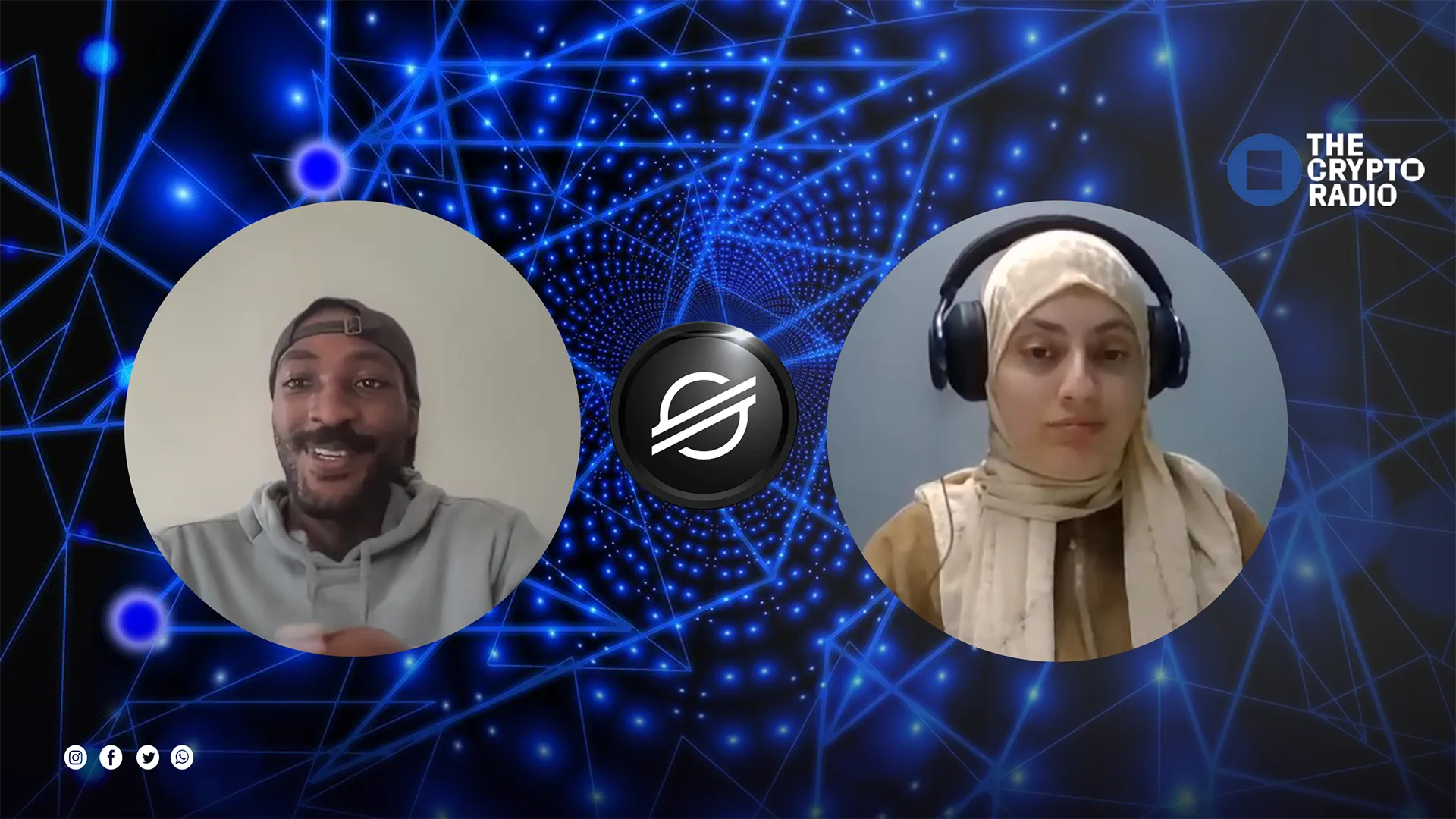Young Africans use web3 to solve locally
A game challenges stereotypes. A blockchain project stops land fraud. 'The only thing lacking is the infrastructure,' says one builder

Across Africa, young builders are turning to web3 to tackle problems that existing systems have failed to solve. Some are creating mobile games that retell history and empower players through ownership. Others are developing blockchain tools to stop land fraud or lower the cost of cross-border payments.
Whether the focus is cultural representation or financial access, projects like Rise of Fearless and initiatives from Stellar Development Foundation show how web3 is being adapted to local realities – on the creators’ own terms.
Launched in April 2025, Rise of Fearless is a mobile game dedicated to African history, drawing on the Ethiopian Battle of Adwa – a climactic moment when Ethiopian forces defeated an invading Italian and Eritrean army. Players embody African soldiers and warriors, reclaiming stories of resistance and victory.
“Ethiopians winning this war meant so much for Africa,” Muluneh said. “Many countries have their flags based on the Ethiopian one because it stands for freedom. So, for the youth, it feels like ‘yes, this is the part of where I come from that is good and positive.’”
Since June, Rise of Fearless has brought together more than 2,500 players united by African heritage and battle royale action. “When we started, the whole concept was to make it a solution for Africa,” Kanessa Muluneh, the game’s founder, told The Crypto Radio. “The future of many African youths is quite hopeless economically and politically.”
In 2024, 71.1% of survey respondents recognized digital asset ownership as the top benefit of blockchain gaming, a consistent trend since 2021, according to the 2024 Blockchain Gaming Industry Report.
Vision beyond gameplay
Muluneh explained how young Africans are searching for alternative ways to make money. “In the West and Middle East, we have all the opportunities, yet it feels unconnected in Africa. We don’t have good infrastructure for finance. The internet is okay now, but when we started, it wasn’t that good. So, we wanted a better approach for this generation.”
For Muluneh, the game’s focus on African heroes challenges stereotypes. “Type ‘Africa’ in Google and it’s just hunger wars. So, we wanted something that displays an African character as a hero for once, instead of always losing the game.”
Despite how far Africa has come in embracing digital tools, challenges remain. “Africa [has come] far when it comes to digitalization, the only thing lacking is the infrastructure,” Muluneh noted. “We hope that Rise of Fearless teaches everyone and the new generation how to use web3 and blockchain to their advantage.”
“The infrastructure causes a trading barrier between one country and another,” she added. That’s why, for Africans, the game could help break down financial barriers and make it easier to trade across the continent.
“I hope people can see beyond the game and feel like ‘Okay, if I can trade digital products here, that means I can also trade physical goods one day and use it to build the economy.’”

Building with global community power
Initially, Muluneh planned to build a marketplace like Amazon for Africa, which needed a physical structure, not only digital. “If you sell something, you need to deliver it, and we didn’t have the infrastructure back then.”
Creating the game from scratch and choosing its name was inspired by ideas from communities she was in touch with. Because of how important it is to have a collaborative approach, creating a digital mobile game was Muluneh’s way to go, especially as she is based in the UAE and networks with individuals worldwide. “Everything is done by the community, except the actual building.”
“Anybody can play the game, but our main target audience is the African youth,” she said.
From gameplay to infrastructure
Stellar Development Foundation, on the other hand, focuses on community engagement and empowering African blockchain developers through community funds, free training programs, and support for innovative projects and solutions.
“I’ve been in this ecosystem for more than 10 years now, and Stellar, for me, is a major actor in the Francophone region because before, people here were really struggling to get blockchain leads to empower, participate, contribute, and run events,” Loïc-Yvan Ayémou, Stellar’s Côte D'Ivoire Country Lead, told The Crypto Radio.
In many African markets, crypto is used out of necessity for remittances, financial inclusion, and fixing supply chain inefficiencies. Sub-Saharan Africa saw a dramatic 60% cost reduction in remittances when using stablecoins versus traditional channels in 2024, Chainalysis reported.

Stellar Development Foundation's Loïc-Yvan Ayémou talks to The Crypto Radio's Lara Sabri
Unlocking potential through connection
Ayémou thinks it’s important for Africans to understand their own problems and come up with solutions themselves. In Nigeria, a team proposed a land tokenization project through Stellar’s program, aiming to reduce property fraud and double sales by registering titles on the blockchain.
“Sometimes, people can sell the same land to a thousand people at the same time," he said. "So, with registration, we can check and follow to see if this land has already been bought. There is a project that raised $25,000 or $50,000 just to create it, and it went successful through Stellar.”
The foundation now supports more than 15,000 cross-border payment projects. “People can integrate that solution using blockchain, crypto, and identify the borders they are going to with,” Ayémou said.
"Some are focused, particularly on us – Africa enthusiasts – Africa, Asia and similar regions. So, I think that's the way African creators are currently bridging the gap between various challenges – in tokenization, in finance, and within the broader ecosystem – by using blockchain."
No coding required: just start building
Ayémou said building on Stellar isn’t as difficult as many assume. “The main and first most aim is to create. Being into blockchain doesn’t mean that you need to be a technical person,” he said.
For Ayémou, what matters most is connecting with others and having the drive to pursue your goals. “Once you get it, I think you can unlock so many things. Technical skills take time to aquire, that’s why there are no issues if you connect with your community and start working.”
Ayémou also emphasized the importance of finding the right contact within the Stellar ecosystem, especially through channels like Discord. “You can have all the documentation and move step-by-step. Even if you are non-technical, you can still work with experts that’ll help you with your project.”
There’s no single path to solving Africa’s digital or economic challenges – but stories like these show that homegrown efforts are underway. From games to land records, the ideas come from the people they’re meant to serve.




